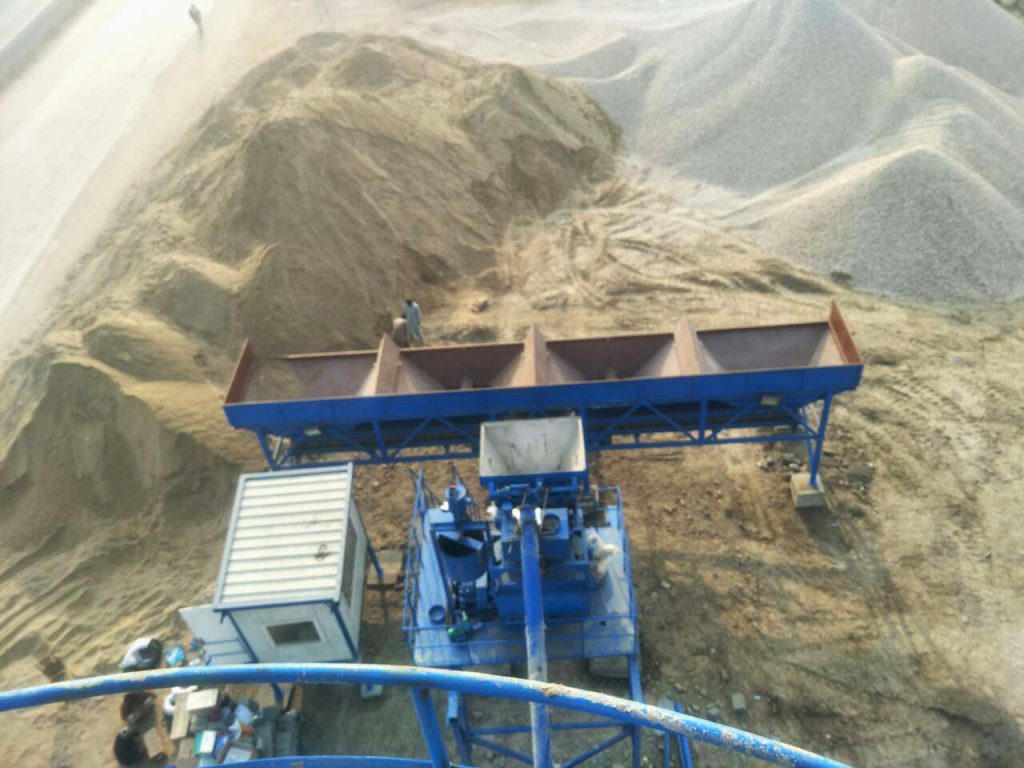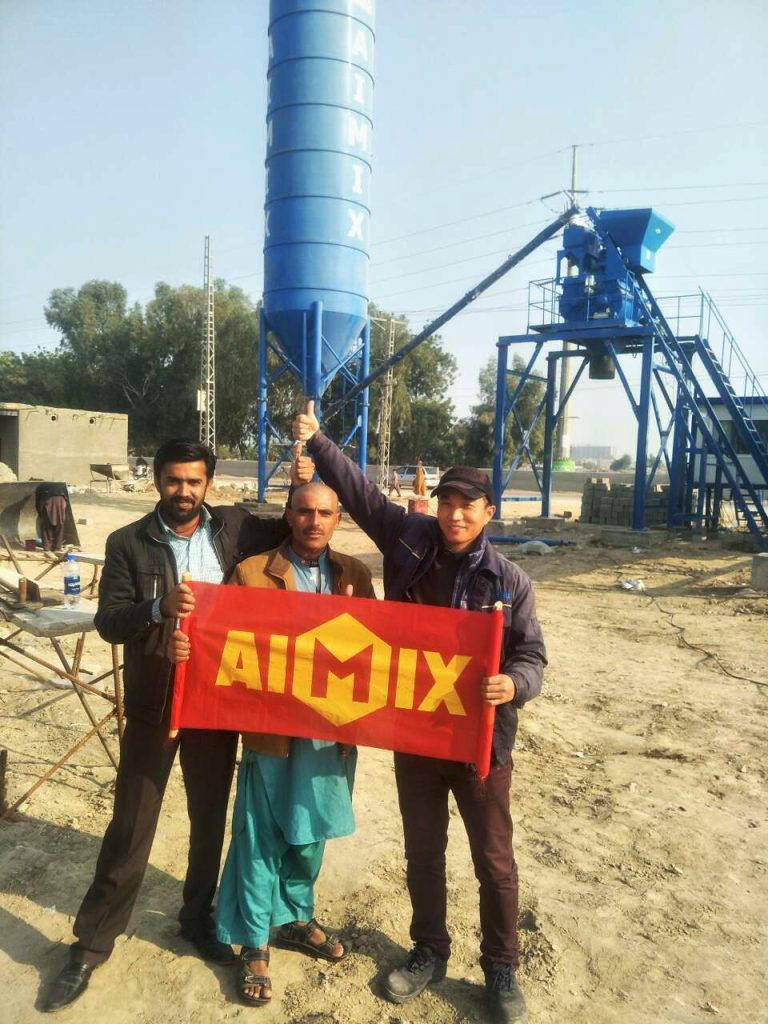Looking for a concrete plant that has minimal environmental impact and is cost effective? Consider using a dry mix plant. While there are some setup and transportation costs, overall these plants are cheaper to operate and maintain than wet mix plants. Additionally, they produce less noise and dust, making them more desirable in urban areas. Keep reading to learn more about the advantage of a dry mix concrete plant over its wet mix counterpart.
What Is A Dry Mix Concrete Plant?
A dry mix concrete plant, also known as a transit mix plant, weighs and measures all the ingredients – including water – needed to make concrete. It then mixes them together and loads them onto trucks. The concrete is mixed at the job site, so all you need to do is add water and turn on the mixer of the dry mix concrete plant for sale.

Dry Mix Concrete Plants Have A Number of Advantages Over Wet Mix Plants:
-Cheaper to operate and maintain because they don’t require water. In the long run, it’s easy to imagine how much cheaper it would be to not have to worry about the water bill.
-Smaller environmental footprint. This is made possible by the significantly lower use of water. If you’re looking to be as green as possible, this is an important consideration.
-Dry mix concrete plants are typically smaller than ready mix concrete batch plants for sale. This means they take up less space, which can be important if you’re working with a limited amount of land.
-Less noise and dust. Not only does this make them more desirable in urban areas, but it can also have a huge impact on your overall budget as cleaning up would be more efficient.

The Cost of Owning and Operating A Dry Mix Plant
The cost of owning and operating a dry mix concrete plant is lower than that of a wet mix plant. This is because you don’t need to factor in the cost of water. Additionally, these mobile concrete batching plants for sale are typically smaller than wet mix plants, so they take up less space and require less cleanup.
When it comes to the upfront cost, dry mix plants are more expensive than wet mix plants. This is because you need to factor in the cost of transportation and setup. However, in the long run, dry mix plants are cheaper to operate and maintain.
How to Choose the Right Concrete Plant for Your Project
When choosing a concrete plant, there are a few things you need to take into consideration. First, you need to decide whether you want a wet mix plant or a dry mix plant. If you’re looking for a more environmentally friendly option with a smaller footprint, then a dry mix plant is the way to go. However, if you’re working on a tight budget, then a wet mix plant might be the better option.
Next, you need to consider the size of the plant. If you’re working on a large project, then you’ll need a small concrete batch plant for sale that can produce a lot of concrete. On the other hand, if you’re working on a small project, then you might be able to get away with a smaller plant.
Finally, you need to think about the location of the plant. If you’re working in an urban area, then you’ll need to consider the noise and dust output of the plant. If you’re working in a rural area, then this won’t be as big of a concern.
Other than budget constraints, it’s generally a better long-term investment to choose a dry mix plant over a wet mix plant. If you’re looking for a more environmentally friendly option with a smaller footprint, then a dry mix plant is the way to go.